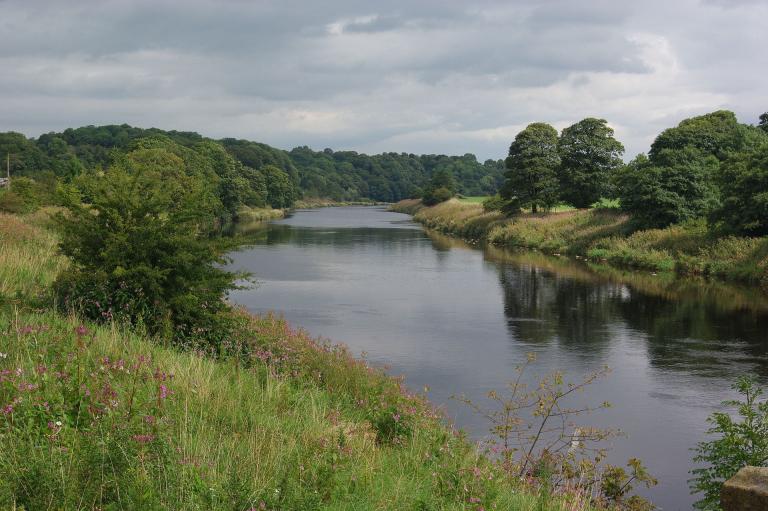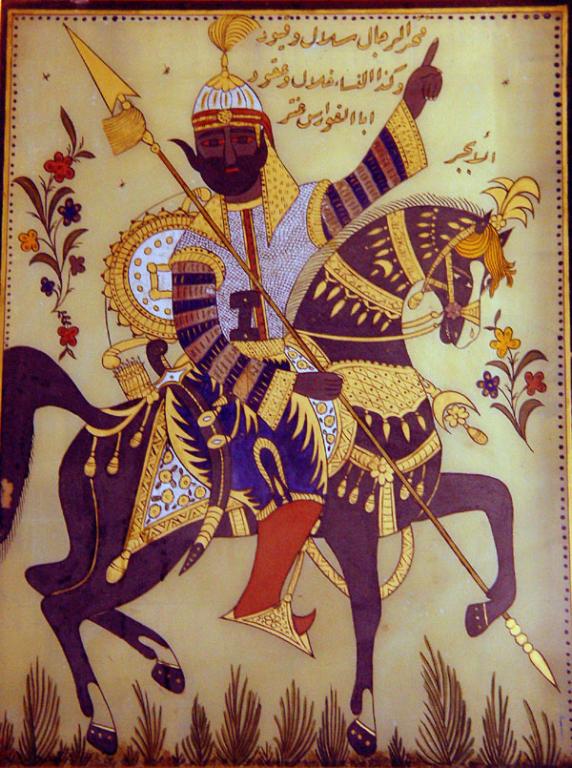
(Wikimedia Commons public domain image)
With a group of friends (mostly neighbors and former neighbors), we are putting together a private bus tour for this summer to church history and general historical sites in England and just a bit of Scotland. (Some of the sites will probably play a role in our new “Six Days in August” film project, and it’s likely that at least one of our principal filmmakers from Witnesses and Undaunted and the “Insights” short-video series, and perhaps all three, will be in our party.) Our goal is to have a total of twenty-six people in the group, which currently leaves us space for about ten additional participants. We will be touring from 6-17 June 2023, beginning in Edinburgh and ending in London. I will not be the guide or lecturer on the trip, though my natural loquaciousness and overweening sense of self-importance will probably prevent me from remaining altogether silent. Airfare is high right now and the cost of the trip is not insubstantial, but we would welcome others joining us. Our Latter-day Saint tour guide in England is wonderful and very knowledgeable — my wife and I have known him for years now — and we hope to include a session at the Preston England Temple. We are leaving the basic touring of Edinburgh and London to individuals or couples to do as add-ons. We will have only one day, 17 June, programmed in London. That will allow you flexibility to add days as you want. If you are interested, we will need to know within the next couple of days. If you have any real interest please email my wife at [email protected] and she will give you the details. (She’ll be on airplanes much of today, so please don’t worry if there’s a little bit of delay before she responds.)
P.S. — In an almost certainly futile attempt to head off the predictable attacks, permit me to state clearly that my wife and I will be paying our own way on this trip. Entirely. Neither the totality of the tour nor any portion thereof will be picked up for us by donors to the Interpreter Foundation, by the tithe payers of the Church of Jesus Christ of Latter-day Saints or by the Church itself or any entity connected therewith, nor by enslaved workers in Communist labor camps.

(Wikimedia Commons public domain image)
England is the land of two of my ancestral lines; Scotland is the home of another. And that’s true of many American Latter-day Saints. Which puts me in mind not only of England but of ancestors.
Some time ago, driving back from a lecture, I listened to a selection from Sir Edward Elgar’s Enigma Variations on KBYU-FM. Afterwards, the host of the program related an anecdote about Elgar. It has stayed in my mind ever since:
Although he certainly ranks among the greatest of English composers, Sir Edward (1857-1934) was apparently quite shy and deeply modest.
So when, at some point late in the life of Queen Victoria (d. 1901), the monarch invited Elgar to some sort of event at Buckingham Palace, he waited until the last possible moment to respond. And then he declined, saying that he felt that the distinguished aristocrats gathered at the event would not wish it to be ruined by the presence of a mere piano tuner’s son and his wife.
Perhaps it’s because I’m American and perhaps it’s because we’re living in a distinctly egalitarian age, but I find such a response — at least in the way he expressed it; not necessarily his disinterest in attending some sort of formal royal “cocktail party,” since I don’t enjoy such events either — quite mystifying.
Sir Edward Elgar should not have felt himself outclassed in the presence of a mere bunch of aristocrats who had inherited money and titles from ancestors centuries before — ancestors who, in many cases, were essentially buccaneers, extortionists, and gang leaders. Instead of Elgar, a man whose music is still played and admired internationally, Lord Nondescript, Lady Lacktalent, and Sir Reginald Bland should have been the people feeling outclassed. They are, by and large, forgotten except as dusty entries in Burke’s Peerage. And justly so.
Sir Edward’s story reminded of a tale out of pre-Islamic Arabia. One of my favorites. Perhaps I’ve told it here before, but, well, it’s my blog and I’m going to tell the story again.
One of the great poets of the Arabic tradition is Antarah b. Shaddad, or Antar (AD 525-608). (As I type, I’m overwatched by an image of him done by an Egyptian-artist friend.) He was the son, it is said, of a Bedouin chieftain and an Ethiopian slave. True, she had been a princess in her native land, but now she was a slave, and her son was half black. He didn’t have the status of a freeborn Arab in that society.
There came a time when his father’s tribe was engaged in a fierce battle with a rival tribe, and the rivals were gaining the upper hand. Antarah was standing on a ridge overlooking the fight and, as he had been charged to do, minding the camels of the warriors. The work, as both he and they saw it, of a menial.
Finally, one of his half brothers managed to climb up the ridge and begged Antarah to join the fight. It has to be understood that the half brothers had long been among those who had mocked Antarah for his half-slave origin. But, of course, now that the situation was desperate they needed his help. “Sorry,” Antarah responded. “I’m a slave and a slave’s son. I’m not worthy to fight alongside you.” “Okay!” came the reply. “You’re free now! Please! Join us!”
Antarah waded into the fight and, as you might expect — it’s why the story is told still today — routed the enemy. Eventually, his exploits in battle won him the epithet of “the Bedouin Achilles.”
But the story I’m really after is this one:
Some years later, another Arabian aristocrat, encountering Antarah, mocked him as a person lacking a distinguished lineage. By this time, though, Antarah had achieved renown both as a warrior and as a poet. And his response to the man mocking him is classic:
“You,” he told him, “represent the end of your noble line. I represent the beginning of mine.”
When the Sadducees and Pharisees came to John the Baptist, secure in the nobility of their descent, he told them “Think not to say within yourselves, We have Abraham to our father: for I say unto you, that God is able of these stones to raise up children unto Abraham” (Matthew 3:9).












